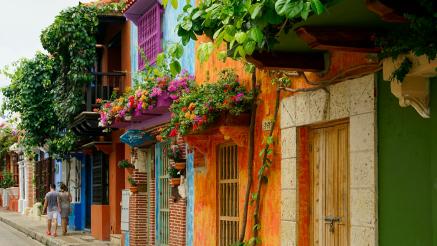Culture
Culture shapes how cities grow and connect. Embedding cultural heritage, creativity, and local identity in urban planning strengthens community ownership, fosters inclusive public spaces, and supports sustainable lifestyles that value both people and place.

Culture is the heartbeat of a city and a foundation for sustainable urban transformation. It shapes how people interact with spaces, preserves identity and heritage, and drives creativity and innovation. Integrating cultural assets into urban planning reinforces community pride, fosters inclusive growth, and enhances the sense of belonging that makes cities unique. Culturally informed urban design can also boost local economies and tourism while strengthening the social fabric that underpins resilience.
Explore more resources in the GPSC Digital Library, featuring case studies, toolkits, and technical guidance from cities around the world. Use the filters and categories to navigate by theme or topic and find content tailored to your city’s priorities.


